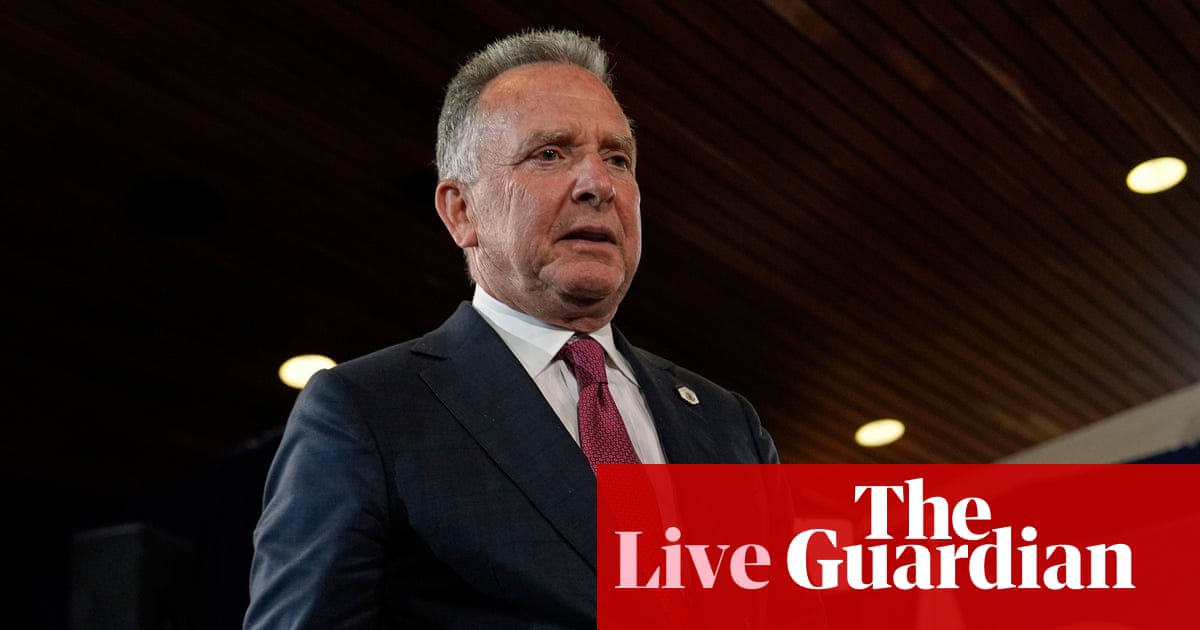
The recent Alaska summit between U.S. President Donald Trump and Russian President Vladimir Putin has sparked significant international attention. U.S. Envoy Steve Witkoff confirmed during an interview on CNN’s State of the Union that Putin has agreed to allow the U.S. and European allies to offer Ukraine robust security guarantees, a development resembling NATO’s collective defense Article 5 clause.
Security Protections and Potential Agreements
Witkoff revealed that the agreement includes ‘Article 5-like’ protections, signaling a crucial shift in negotiations regarding the Russia-Ukraine conflict. “This is the first time we have seen Russia make such a concession,” Witkoff remarked.
Details of the deal include the potential to bypass NATO membership while still ensuring Ukraine’s security. This landmark understanding is contingent on Ukrainian approval, aligning with President Volodymyr Zelenskyy’s assertion that any changes must respect Ukraine’s constitution, which prohibits territorial trade-offs.
European Leaders Align on Ukraine
European leaders, including France’s Emmanuel Macron, Germany’s Friedrich Merz, and the UK’s Prime Minister Keir Starmer, are expected to back Zelenskyy in high-stakes negotiations at the White House. Macron emphasized the importance of presenting a united European front, warning, “If we show weakness today in front of Russia, we are laying the groundwork for future conflicts.”
Similarly, EU Council President Antonio Costa said, “If no ceasefire is agreed, the EU and U.S. must increase pressure on Russia.” Costa’s call for transatlantic unity underscores the coalition’s focus on sanctions and continuous support for Ukraine’s territorial integrity.
Tensions Over Concessions
Despite advancements, disagreements persist. Trump’s encouragement of peace talks reportedly includes potential territorial concessions, an idea met with backlash from Ukrainian lawmakers. MP Halyna Yanchenko criticized such proposals as “absurd,” asserting that Ukraine cannot surrender its national territory under external pressure.
The Biden administration also faced criticism, with Democratic Senator Jeanne Shaheen describing Trump’s concessions as enabling Russia’s intentions. On the Republican side, leaders cautiously praised Trump’s efforts while expressing hope for a resolution before Christmas.
Ukraine’s Stance and Path Forward
In a recent statement, Zelenskyy reaffirmed that Ukraine’s constitution makes territorial compromises impossible. He urged global powers to ensure “real negotiations” guided by diplomatic principles rather than force, emphasizing the need for actionable security guarantees similar to NATO’s Article 5 protection.
As Ukraine prepares for continued talks, rallies in Kyiv highlight the stakes involved. Protesters have urged negotiators not to concede unoccupied regions to Russia while advocating for the immediate release of prisoners of war.
The road to peace remains challenging, but international efforts to present a united front could prove pivotal. As the summit unfolds, global attention remains fixed on how negotiations shape the future of Ukraine and Europe’s geopolitical landscape.






